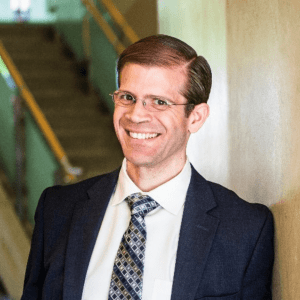Srikanth Mangalam is an internationally recognized expert in risk and outcome-focused decision making in areas of social impact and sustainable development with over 25 years of experience in North America, Asia, Africa, Australia, and Europe. He is considered as a visionary and a thought leader and has pioneered innovative solutions to addressing complex socio-economic and sustainability challenges including public safety, food security, gender equity, climate, health, youth employment and small-scale trade.
Srikanth established Prism Institute as a not-for-profit collaboration platform that helps address interconnected risks to global sustainable development through research, policy advocacy and technological innovation. Using a unique model that combines risk analysis, technology and dialogue, Prism Institute’s core work is focused on developing integrated risk management solutions across verticals including trade and competitiveness, employment and entrepreneurship, food, pharmaceuticals, and consumer product value chains, public health and safety, environment and climate change, gender equity and human development.
In this endeavor, Srikanth work with all levels of government, academic institutions, private sector, and multi-lateral agencies including the World Bank, in developed and developing economies in North America, Africa, Australia, Asia and Europe.
When asked what motives his work, he replied, “As much as I get excited about applying science, rational and logical thinking to solving complex social and development problems, I have learnt that building partnerships, relationships and trust with the people I interact with is far more important and motivating than the ideas that I may share and influence. This has instilled a greater sense of humility, empathy and situational awareness in my work while motivating me to be a better person every day. What I am able to learn and the amount of joy I get by listening to and interacting with people around the world and especially in places like Africa is both addictive and infectious”.
Srikanth is passionate about studying and bringing to light the need to look at interconnected risks that affect any social outcome of interest through the use of science and evidence-based approaches. He is excited about a project that he is currently leading which involves the development of a model that identifies and describes the relationships between various interconnected risk factors that affect youth unemployment globally. The model, he hopes, will lay the foundation for a more holistic, integrated, and comprehensive approach to designing interventions for achieving development goals such as SDGs.
To read more about the Hunt Institute’s work to develop future-focused solutions to some of the world’s biggest problems, please click here. For the latest news on the Hunt Institute, follow our social media accounts on LinkedIn, Facebook, and Instagram. We invite you to listen to our Podcast called Sages & Seekers. If you are considering engaging with the institute, you can donate, or sign-up for our newsletter by emailing huntinstitute@smu.edu.
















